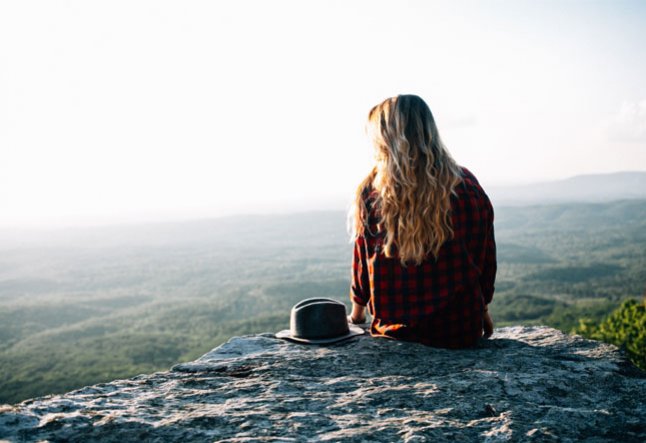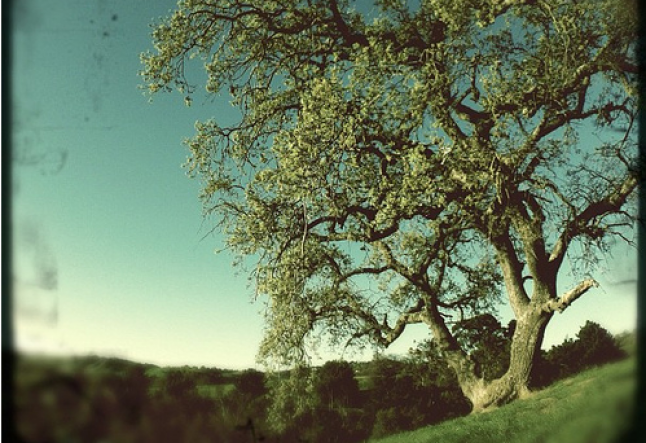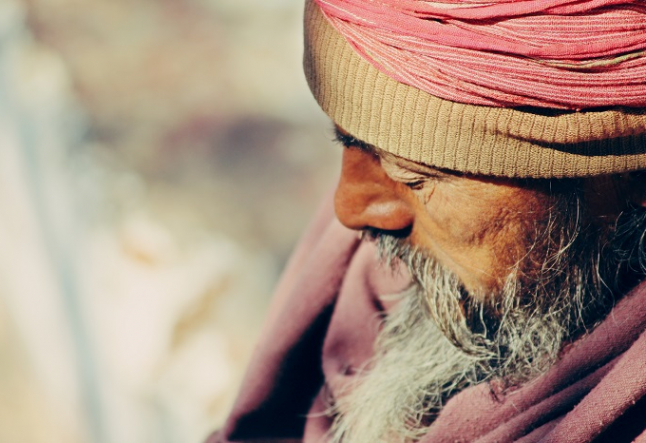How to deal with uncertainty

Uncertainty is a state of limited knowledge.
Uncertainty is an inevitable part of life—it’s a state where clarity is elusive, and predictions about the future often feel unreliable. When faced with uncertainty, our sense of control can feel compromised, triggering stress and anxiety. This natural response to uncertainty can affect both our mental and physical health.
But how can we navigate these uncertain times with a sense of calm and confidence?
The role of self-reflection in managing uncertainty
While it’s unrealistic to eliminate uncertainty entirely, we can learn to manage how we respond to it. In today’s world, many aspects of our lives—personal, professional, and global—feel unpredictable. What once seemed stable now feels shaky, and familiar paths are no longer as certain. However, it’s important to remind ourselves that we are not alone in feeling this way. Despite widespread challenges, we can find solace in shared human experiences.
During moments of uncertainty, I find it useful to pause and reflect. My husband and I often ask ourselves these vital questions:
- What have we learned from our experiences and practices?
- Which tools and techniques have proven effective in handling stress and anxiety?
- What knowledge and resources can we apply in times like these to regain balance and peace of mind?
Practicing what we know
It is during difficult moments that the practices we’ve learned over time can be most beneficial. The key is applying these practices consistently. Whether it’s mindfulness techniques, meditation, or cognitive tools, they are designed to help us weather emotional storms. Acknowledging the progress we’ve made in our journey toward mental and emotional health can help us tap into valuable resources we may have overlooked.
Confronting fear and anxiety
One of the most transformative practices we’ve engaged in is confronting our fear, particularly the fear of illness or even death. Engaging in open, honest conversations about these fears can significantly reduce anxiety. Exploring the nature of existence beyond the physical body allows us to connect more deeply with our spiritual selves, which can offer profound peace.
Despite the inevitability of uncertainty, especially in life’s most challenging moments, maintaining an open connection with our higher selves—our energetic essence—provides a buffer against anxiety. This understanding can help us shift from a place of fear to one of acceptance and peace.
Meditation and calming the mind
Dr. Joe Dispenza, a leading expert in mind-body connection, reminds us that meditation helps us reset our nervous system by slowing down our brain waves. This practice allows us to enter a more relaxed state, bypassing the analytical mind and allowing the subconscious to take over, which in turn reduces anxiety.
Through regular meditation, we open ourselves to higher frequencies of information, offering clarity and a deeper connection to our true nature. This process helps us detach from the immediate stressors of the material world and experience a more expansive sense of awareness.
Establishing routines for stability
Routines create anchors in a world that often feels unpredictable. Some simple habits, like meditation or yoga, can provide structure and reassurance, which can help ground us during uncertain times.
- Daily meditation: Even five to ten minutes of mindfulness can create a profound sense of calm and centeredness. It helps maintain a balanced state and allows us to process stress more effectively.
- Consistent yoga practice: Yoga connects us to our bodies and helps release built-up tension. It strengthens both our physical and emotional resilience.
- Sleep and movement: A consistent sleep schedule and regular physical activity can significantly improve mental clarity and emotional stability, helping us stay grounded even when external events feel chaotic.
Leaning on community and support
The support of a community can be a powerful tool for managing uncertainty. Many people are starting to recognize that the desire for control is often rooted in the ego, and when we can transcend that, we experience greater freedom and peace. Embracing the unknown, rather than fearing it, can unlock new perspectives and deeper connections.
Also read >>> Ziva meditation
Conclusion: navigating life’s unknowns
The journey through uncertainty is challenging, but it’s also a transformative one. By embracing practices that help us regulate our minds and bodies, we can move through difficult times with a sense of equanimity. Life will always present moments of unpredictability, but with the right tools, we can face these moments with confidence, knowing that we are not alone and that we have the inner resources to thrive in the face of the unknown.
This article was written by Editor in Chief of YOGI TIMES and Life Coach, Sophie Parienti. sophieparienti.com




